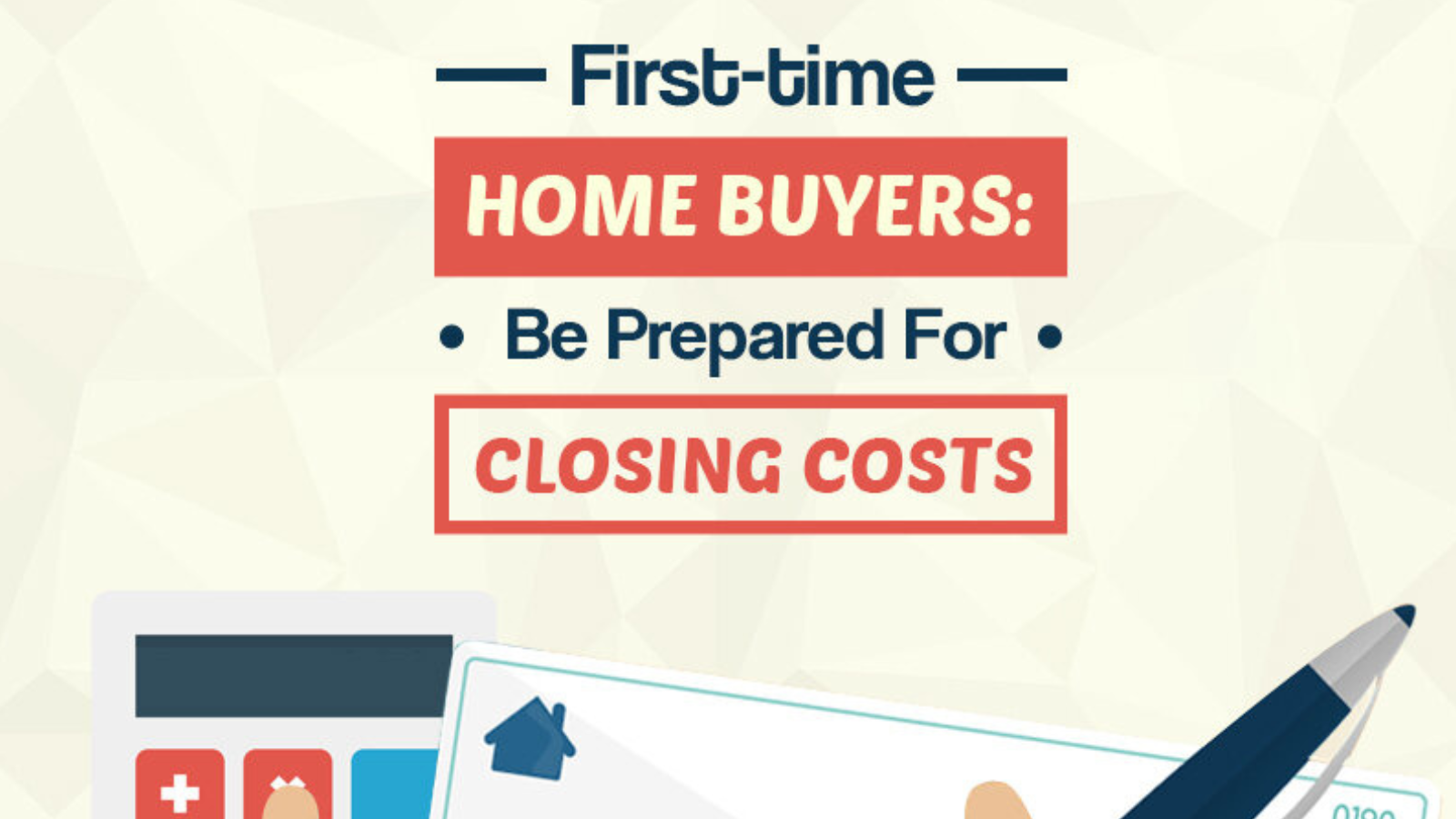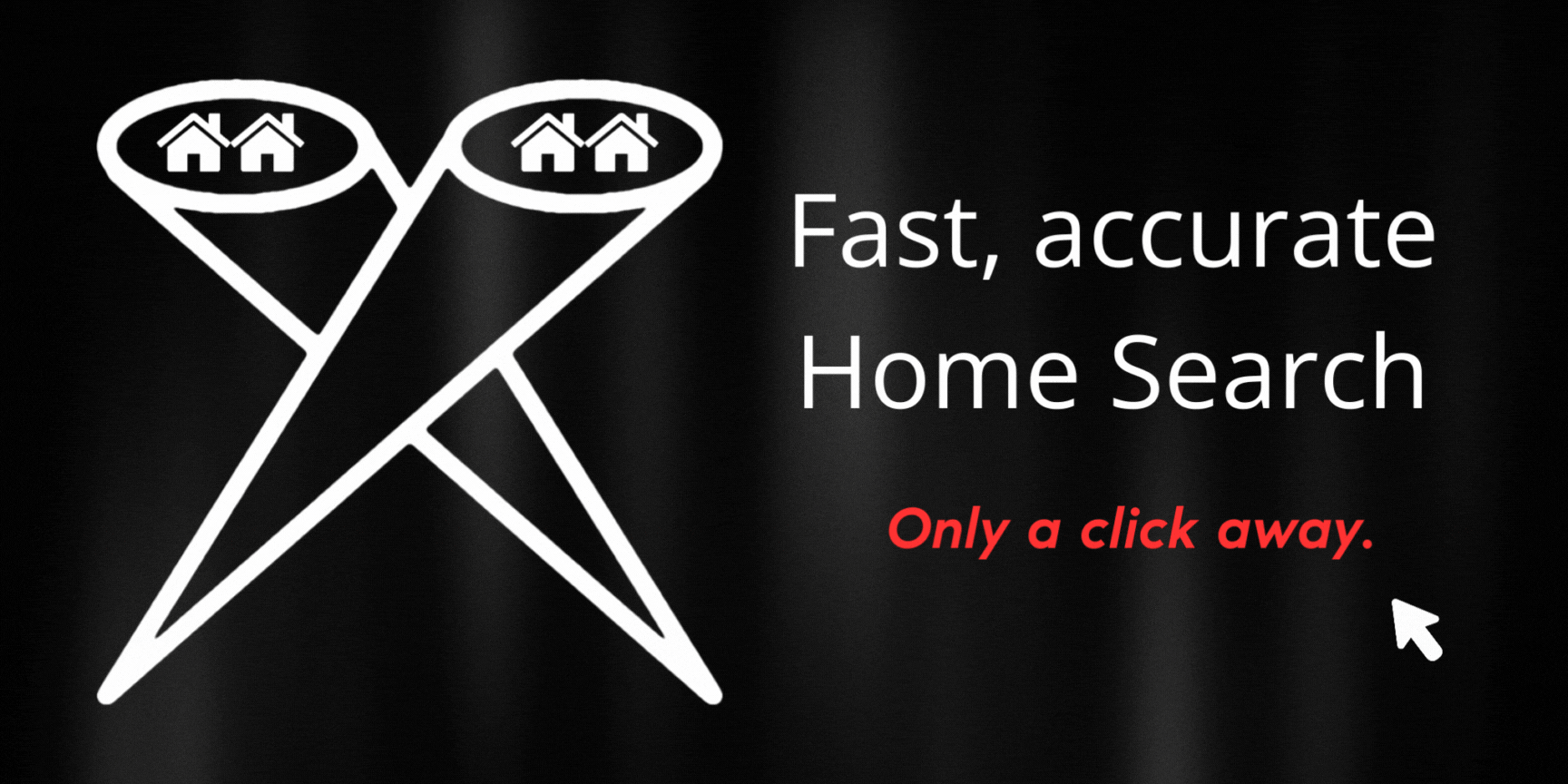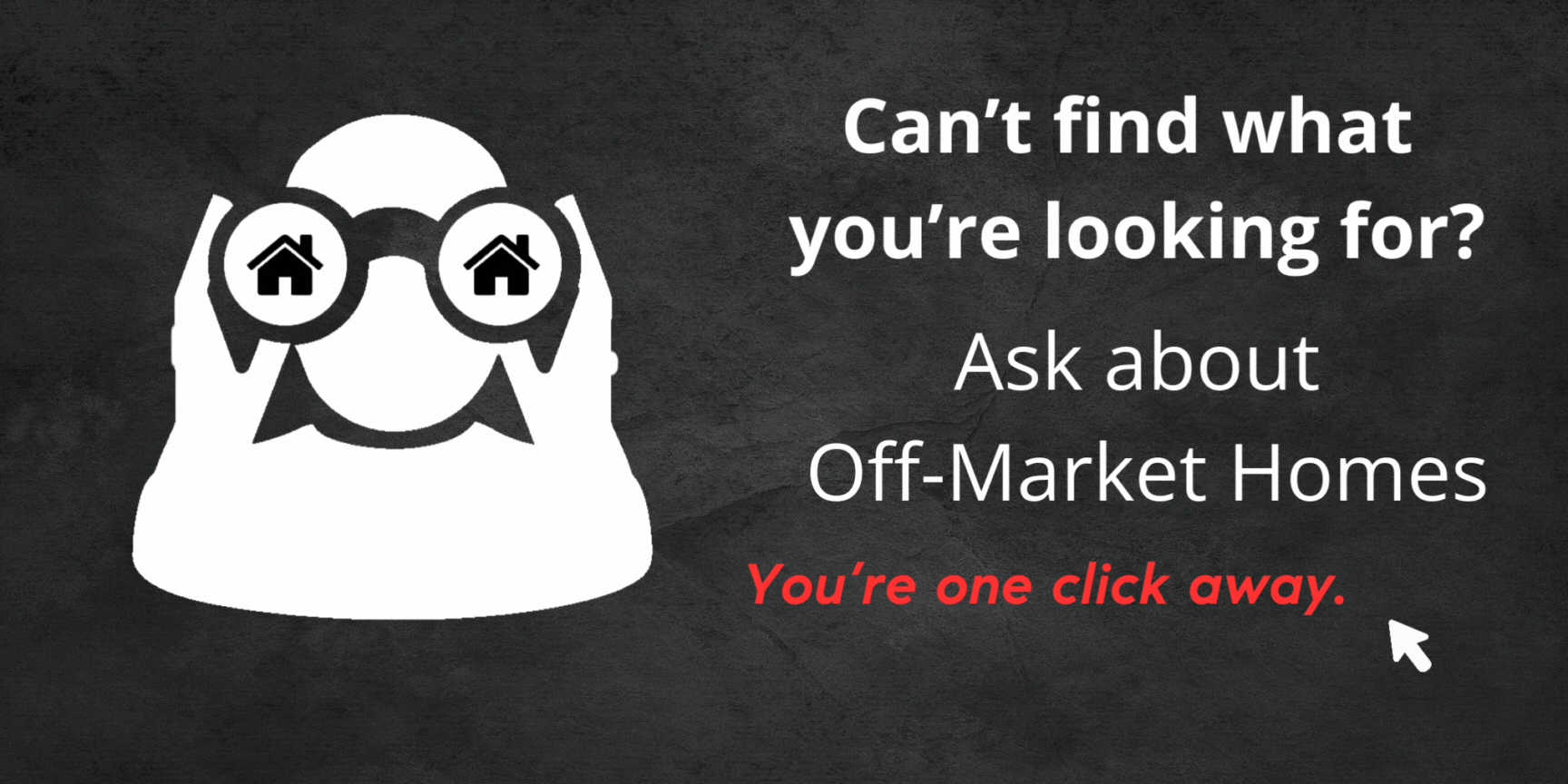Introduction
Buying a house is an exciting milestone, but it also comes with a myriad of expenses. One crucial aspect of the home buying process that often catches first-time buyers off guard is Santa Cruz closing costs. These are the fees and expenses incurred during the final stages of the transaction. In this complete guide to Santa Cruz closing costs, we will explore the various closing costs associated with purchasing a home in Santa Cruz, California, and provide you with a comprehensive understanding of what they entail. So break out those green eyeshades and keep reading!
As a general rule of thumb, it is wise to budget at least 1% (but to be safe, closer to 2%) of the purchase price for closing costs if you’re using any kind of conventional financing to purchase your home. Depending on fees, points, impounds, and PMI (primary mortgage insurance) your closing costs could be as much as 5% of the purchase price (although that is rare).
Lender Fees
When obtaining a mortgage, you will encounter several lender fees. These fees cover the costs associated with processing your loan application and ensuring a smooth closing process. Cost Estimate: $500-$2,000
Loan Origination Fee
The loan origination fee is charged by the lender for generating and processing your loan. It typically ranges from 0.5% to 1% of the total loan amount. For example, if you are borrowing $300,000, the loan origination fee could range from $1,500 to $3,000. This fee compensates the lender for their services and is an essential component of your Santa Cruz closing costs.
Discount Points
Discount points allow you to buy down your interest rate. Each discount point typically costs 1% of your loan amount and can lower your interest rate by 0.25% or so (although this varies considerably depending on fluctuations in the mortgage market). This option is especially beneficial if you plan to stay in your home for an extended period, as it can save you money in the long run. However, it’s important to consider whether the upfront cost of discount points aligns with your financial goals.
Processing Fee
The processing fee covers the administrative costs associated with reviewing and gathering your loan application documents. It usually amounts to less than $500 in the United States. This fee covers the lender’s time and effort in processing your application and ensuring that all necessary information is collected.
Appraisal Review Fee
Before approving your loan, lenders require a professional appraisal of the property to verify its market value. The appraisal review fee covers the cost of evaluating the appraisal report and ensuring that the property’s declared value aligns with market standards. This fee is crucial for lenders to assess the risk associated with the loan and ensure that the property is worth the agreed-upon purchase price. Cost Estimate: $200
Credit Report Fee
Lenders rely on credit reports to assess your creditworthiness and determine your eligibility for a loan. The credit report fee covers the cost of obtaining a detailed account of your credit history and credit score. Lenders typically order this report from a credit reporting bureau to evaluate your financial stability and ability to repay the loan. Cost Estimate: $100
Courier Fee
During the loan transaction, lenders often use couriers to deliver important documents. The courier fee covers the cost of these delivery services, ensuring that all necessary paperwork reaches the intended recipients efficiently. Some lenders may include this fee as part of the processing fee, while others may list it separately. Cost Estimate: $150
Pre-Paid Interest
Pre-paid interest is the interest that accrues on your mortgage from the date of settlement to the end of the month. For example, if you close on your home loan on the 15th of a month, you’ll owe pre-paid interest for the remaining 15-16 days of the month. This cost is calculated based on your loan’s interest rate and the principal balance. Pre-paying this interest is a standard practice in real estate transactions, allowing your first mortgage payment, which typically includes the next month’s interest, to start on the first day of the following month. Estimate: varies widely depending on loan amount and interest rate
Underwriting Fee
The underwriting fee covers the costs associated with evaluating your loan application. During the underwriting process, the lender assesses your financial documents, verifies the accuracy of the appraisal, and determines if your income level aligns with your liabilities. This fee compensates the lender for the time and expertise required to thoroughly review your application and make an informed decision. Cost Estimate: $750
Documentation Preparation
Once your loan is approved, various legal documents, such as the mortgage note and deed of trust, need to be prepared for closing. The documentation preparation fee covers the costs of drafting, reviewing, and finalizing these essential documents. This fee ensures that all necessary paperwork is completed accurately and in compliance with legal requirements. Cost Estimate: $500
Wire Transfer Fee
When closing on a property, funds are often wired to an escrow company. The wire transfer fee covers the cost of electronically transferring these funds securely and efficiently. This fee ensures that the financial aspect of the transaction is handled smoothly and that the necessary funds reach the appropriate parties promptly. Cost Estimate: $75
Title Fees
Title fees primarily relate to the legal aspects of the home buying process. These fees ensure that the property’s title is clear, provide protection against potential disputes, and cover the costs associated with recording the necessary documentation. In Santa Cruz County, the cost of title fees are typically split 50/50 between buyer and seller.
Recording Fee
The recording fee is charged for the legal recording of the deed and mortgage at the local courthouse. The amount of this fee varies depending on the number of pages in the document. It is essential to ensure that all documents are recorded accurately and promptly to establish legal ownership and protect your rights as the new homeowner. In Santa Cruz county, the recording fee is typically paid by the seller. Cost Estimate: $75
Notary Fee
Certain documents, such as the deed of trust, require notarization before they can be recorded at the courthouse. The notary fee covers the cost of having a registered Notary Public certify the authenticity of these documents. This fee is typically around $10 and ensures that all necessary legal procedures are followed during the closing process. Signing your closing documents in the escrow company office will result in a lower notary fee, although these days it is more common to use a mobile notary and sign in your home or place of work, and that adds considerably to the cost of notarization when closing. Cost Estimate: $150
Title Insurance
Title insurance provides protection for homebuyers against any potential claims or disputes regarding the property’s title. This insurance policy ensures that you are protected from financial loss in the event of unexpected title issues. While title insurance is often optional, it is highly recommended to safeguard your investment and provide peace of mind. In Santa Cruz county, the owner’s title policy cost is split 50/50 between buyer and seller, but the buyer always pays 100% of the title insurance fee to protect their mortgage lender. Cost Estimate: $2,500
Escrow Fee
The escrow fee is typically split between the buyer and seller and covers the services provided by the escrow company or attorney during the Santa Cruz closing process. The escrow holder acts as a neutral third party, ensuring that all funds and documents are handled correctly and facilitating a smooth transfer of ownership. This fee compensates the escrow company for their services and expertise in overseeing the closing process. In Santa Cruz County, escrow fees are usually split 50/50 between buyer and seller. Cost Estimate: $1,500
Insurance Fees
Insurance fees are an essential part of the home buying process, providing protection for both the buyer and the lender. These fees include private mortgage insurance, homeowner’s insurance, and flood insurance, if applicable.
Private Mortgage Insurance (PMI)
If your down payment is less than 20% of the home’s purchase price, lenders typically require private mortgage insurance (PMI). This insurance protects the lender in case of default and is rolled into your monthly mortgage payment. The cost of PMI varies based on factors such as the loan amount, loan type, and credit score. It is important to factor in the cost of PMI when budgeting for your monthly mortgage payments. Up-front PMI premiums are often times the biggest component of a buyer’s Santa Cruz closing costs, for buyers that are paying PMI. Cost Estimate: 1.5% – 2.0% of purchase price (check out this PMI calculator)
Homeowner’s Insurance
Homeowner’s insurance provides financial protection for your property and its contents in the event of damage or loss caused by covered perils such as fire, theft, or natural disasters. Most lenders require you to prepay a portion of the annual premium at closing, which will be placed in an escrow account. This ensures that funds are available to cover the insurance premium when it becomes due. These costs can vary widely depending for example on wildfire and flood risk, and will be negligible for buyers of condominiums. But single-family home buyers in Santa Cruz county typically pay between $1,500 and $5,000 per year for homeowner’s insurance.
Flood Insurance
If your new home is located in a flood zone, lenders typically require you to obtain flood insurance. Flood insurance protects against damage caused by flooding, which is not covered by standard homeowner’s insurance policies. The cost of flood insurance varies depending on the property’s location and the level of flood risk. It is important to factor in the cost of flood insurance when considering the overall expenses of purchasing a home in a flood-prone area.
Property Tax
You will also need to reimburse the seller for whatever property tax they have already paid for the current property tax billing. In addition, your lender may require that you pay for the next property tax billing in advance. You should be aware that you are paying property tax at the seller’s tax assessment – which will probably be a lot lower than the assessment you’ll be taxed on (which will be the sale price, and increase a maximum of 2% per year thereafter, as dictated by California Proposition 13). Be on the lookout for a supplemental property tax bill 6-12 months after you close which will come after the assessor has re-assessed the property post-sale, although this is not a closing cost.
HOA Dues
You will have to pay the current portion of the HOA dues as a credit to the seller at closing. Your lender may also impound the next month, or perhaps several months. of HOA dues and charge you that at closing. Cost Estimate: $500-$1,000
Recurring vs. Non-Recurring Closing Costs
You may also hear talk about recurring versus non-recurring closing costs. Recurring closing costs are for those expenses with you will have to continue to pay as long as you own the property. Non-recurring closing costs are those which you will pay only one time, at the time the property is purchased (which you will often times pay again if you refinance the property down the road). It is an important distinction to make, I think, because it helps you understand that the actual closing costs are lower than what they appear to be, because they are really up-front payments for ongoing cost of ownership, and the actual one-time closing costs are really just a fraction of the closing costs you’ll pay.
Recurring Closing Costs
- Pre-Paid Interest
- Home Insurance
- Property Tax
- HOA Dues
Non-Recurring Closing Costs
- Origination Fee
- Appraisal Fee
- Discount Points
- Title Fees
- Escrow Fees
Conclusion
Closing costs are an inevitable part of the home buying process in Santa Cruz. By understanding the various fees and expenses involved, you can better prepare for the financial aspects of becoming a homeowner. Remember to consider these costs when budgeting for your new home and consult with your real estate agent and lender to ensure that you have a clear understanding of the Santa Cruz closing costs specific to your situation. With thorough research and proper planning, you can navigate the closing process with confidence and achieve your dream of owning a home in Santa Cruz.
Santa Cruz Beach Homes for Sale
2
3
4
5
6
7
8
9
10
11
12
13
14
15
16
17
18
19
20
21
22
23
24
25







